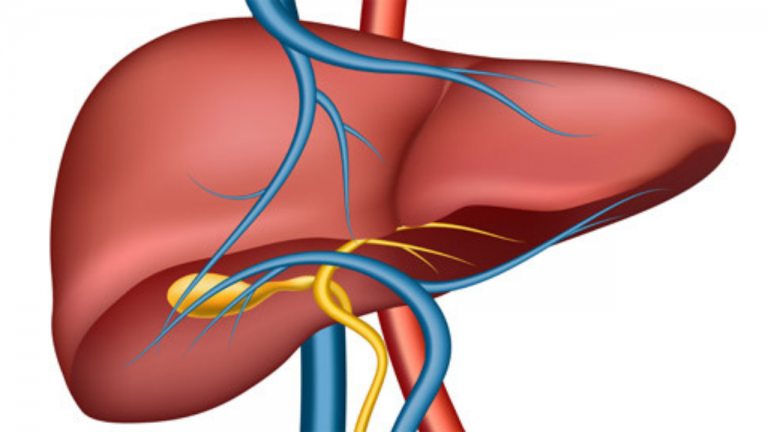What are the Health Benefits and Risks of Coffee?

Coffee is a popular beverage around the world, and it has been studied extensively for its potential health benefits and risks. Here are some potential health benefits and risks associated with coffee:
Health benefits:
Improved cognitive function: Coffee contains caffeine, which can help improve alertness, focus, and mood.
Reduced risk of type 2 diabetes: Studies have shown that coffee consumption may reduce the risk of developing type 2 diabetes.
Lower risk of liver disease: Regular coffee consumption may lower the risk of liver disease, including liver cancer and cirrhosis.
Lower risk of heart disease: Some studies have suggested that coffee consumption may lower the risk of heart disease.
Antioxidant properties: Coffee contains antioxidants, which can help to protect against damage caused by free radicals in the body.
Health risks:
Insomnia and sleep disturbances: Consuming coffee later in the day or in large amounts can disrupt sleep and cause insomnia.
Digestive issues: Some people may experience digestive issues, such as acid reflux or stomach upset, as a result of coffee consumption.
Anxiety and jitteriness: The caffeine in coffee can cause anxiety and jitteriness in some people, especially those who are sensitive to caffeine.
Addiction: Consuming coffee regularly can lead to a physical dependence on caffeine, which can lead to withdrawal symptoms if consumption is abruptly stopped.
Pregnancy risks: Consuming high amounts of caffeine during pregnancy may increase the risk of miscarriage or low birth weight.
Overall, moderate coffee consumption (about 3-4 cups per day) is generally considered safe for most healthy adults. However, it’s important to remember that individual tolerance and sensitivity to caffeine can vary, and excessive consumption can lead to negative side effects. If you have any concerns about your coffee consumption, it’s best to speak with a healthcare professional.



